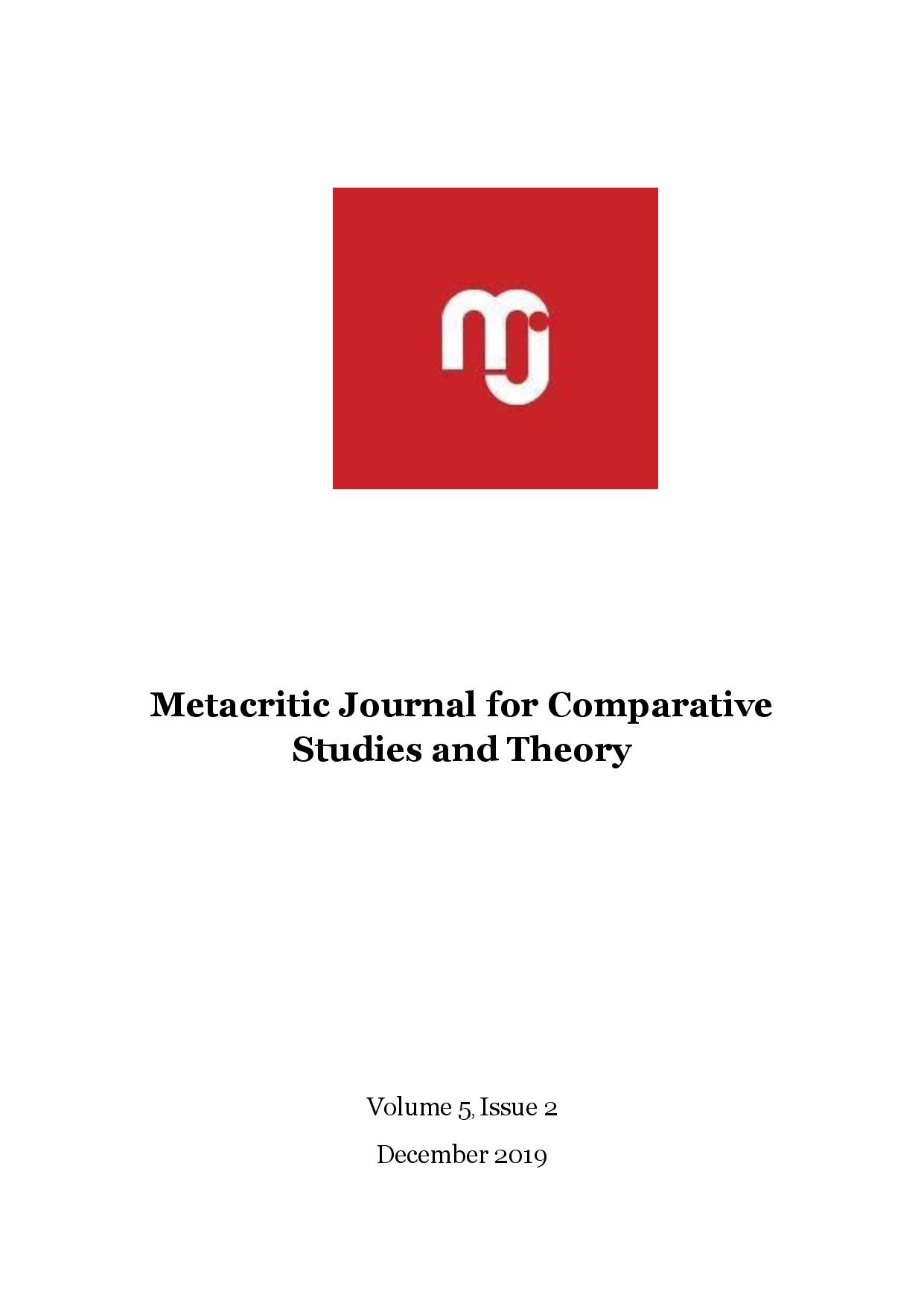Margaret Atwood’s The Heart goes Last: Panopticism, Discipline Society and Ustopia
Margaret Atwood’s The Heart goes Last: Panopticism, Discipline Society and Ustopia
Author(s): Barbara MiceliSubject(s): Language and Literature Studies, Studies of Literature, Comparative Study of Literature
Published by: Universitatea Babeş-Bolyai
Keywords: Atwood; surveillance; discipline society; economic crisis; prison;
Summary/Abstract: The prologue of the novel The Heart Goes Last (2015) written by the Canadian author Margaret Atwood describes a crime-stricken future society plunged into an economic crisis. The alternative to such misery is the Consilience project, a city created to offer jobs and all the basic comforts (now considered luxuries) to all its inhabitants. The success of the system relies on the local prison, Positron, where all the citizens must present themselves once every two months, swapping their lives with those of other prisoners. The aim of my paper is to analyze Atwood’s novel using the Foucauldian concepts of “panopticism” and “discipline society” expanded upon in Discipline and Punish, the Birth of the Prison (1976). These concepts describe two features of the fictional society created by Atwood: the awareness that one is being constantly spied on by an unidentified entity that creates a discipline society, and hence a city where order and equality reign, a utopia based on control and surveillance. The paper will also explore Atwood’s concept of “ustopia” and how it applies to Consilience.
Journal: Metacritic Journal for Comparative Studies and Theory
- Issue Year: 5/2019
- Issue No: 2
- Page Range: 79-90
- Page Count: 12
- Language: English

